Teach students about the types of contact forces with this simple one-page worksheet perfect for 3rd grade science lessons.
What Are Contact Forces?
Contact forces happen when a force acts on an object through touch. Some of the most common contact forces are:
- Normal force – A force on an object in contact with another stable object.
- Applied force – A push or pull force that has been exerted on an object.
- Friction force – A force between two touching surfaces that opposes motion.
- Air resistance force – A frictional force that is applied to objects in the air.
- Spring force – The resulting force when a spring is stretched or compressed.
- Tension force – A force transmitted through a rope (or similar) when it is pulled by the object on the opposite end.
This types of forces worksheet has been designed to teach your students about the common types of contact forces. After reading about each type of contact force, students are required to label the six pictures according to the type of force being applied.
This worksheet downloads as a black-and-white PDF or an editable Google Slide. Answers are also included to make grading fast and painless!
Extend This Types of Forces Worksheet
This worksheet on types of forces may seem simple at first glance, but it provides opportunities for you to further extend your class’s exploration into contact forces. Here are some suggestions:
- Class Discussion – Read through the definitions of each type of contact force and discuss each type of force as a class. See how many real-world examples of each force the class can collectively brainstorm.
- Group Challenge – An alternative to the above. Place the students in small groups and assign each group a contact force. Give the students a set amount of time to brainstorm as many real-world examples of their assigned force as possible.
- Case Study – Have students choose one of the contact forces to explore more extensively through independent research. Students could present their information through a mode of their choice and share it with the class.
By employing these various approaches, this types of forces worksheet becomes a dynamic and effective tool for teaching contact forces and their relevance to daily life.
Download This Worksheet on Contact Forces
As mentioned above, this worksheet on types of forces downloads as either an easy-print PDF or an editable Google Slides version. Use the Download button to access your preferred file format. (Note: You will be prompted to make a copy of the Google Slides template on your personal drive before accessing it.)
As the worksheet contains an answer sheet, we suggest printing one copy of the resource, then removing the answer sheet before making copies for your students.
Save Time with More Forces Activities
We understand how time-pressed you are, and we are here to help. Click below for more great teacher-created resources to use when teaching your students all about forces!
[resource:3255626] [resource:3264954] [resource:3491750]
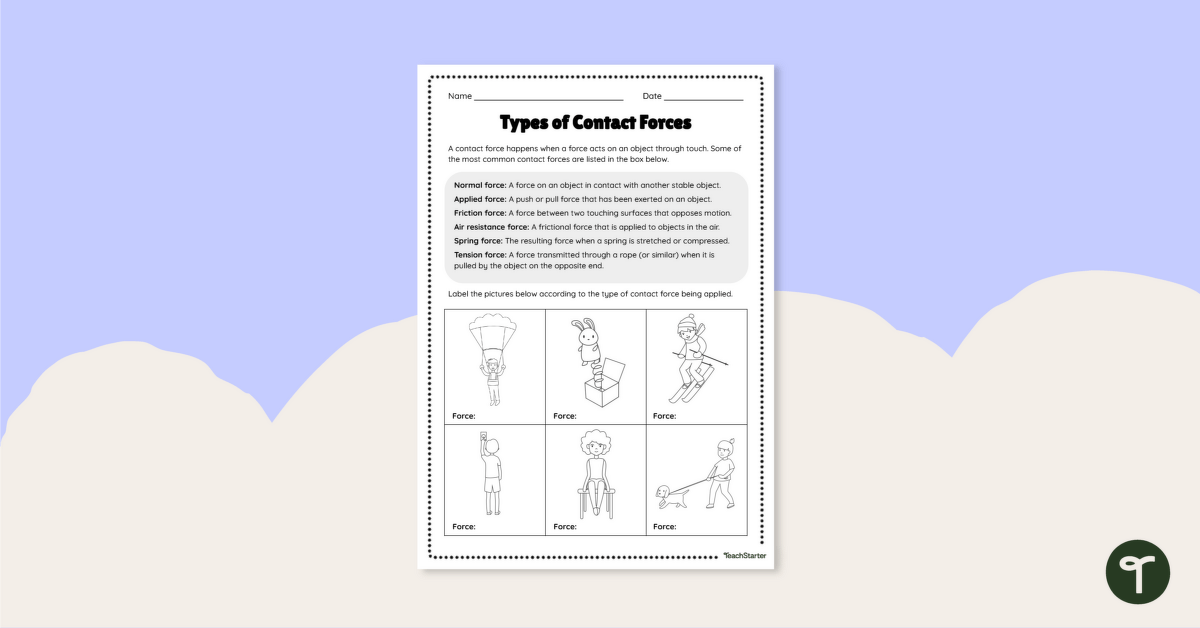

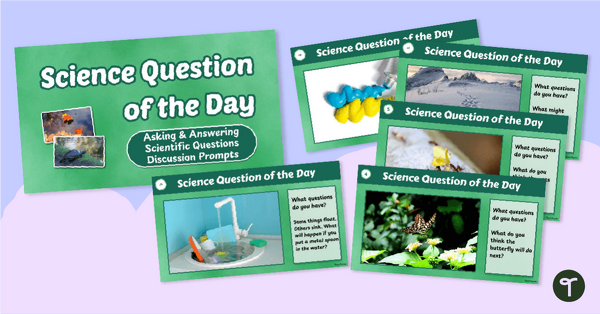
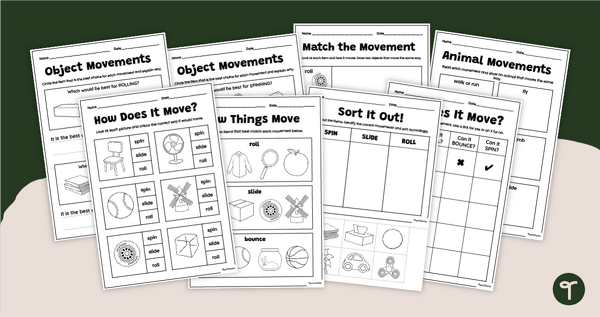
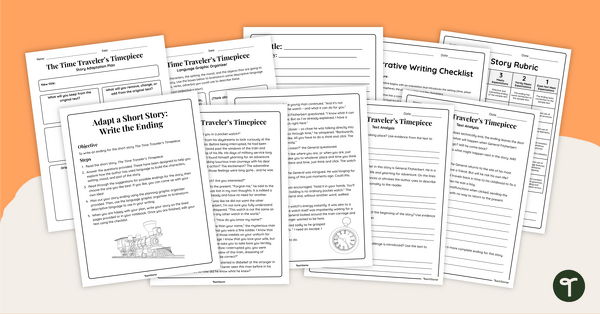
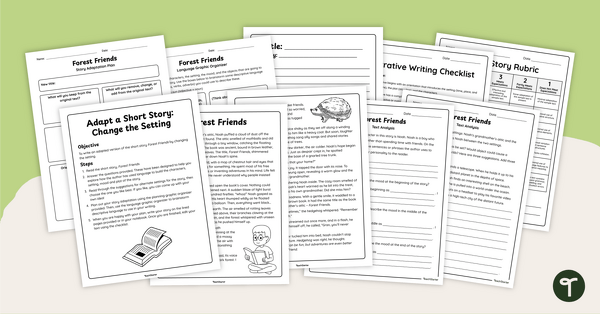

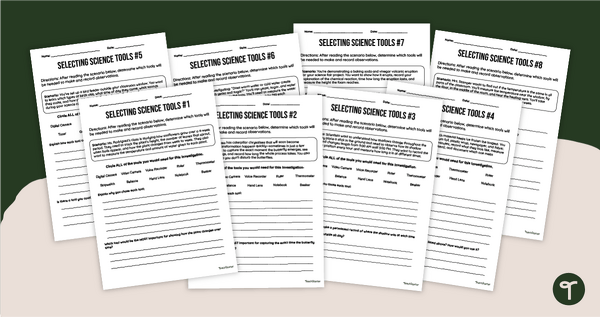
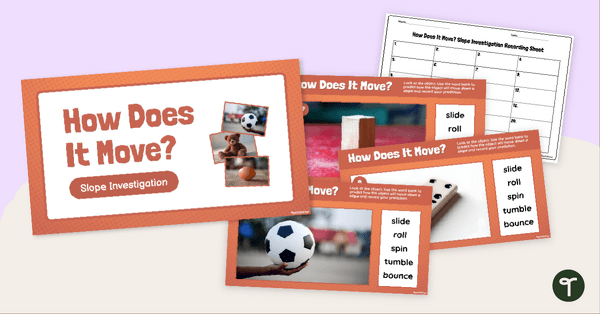

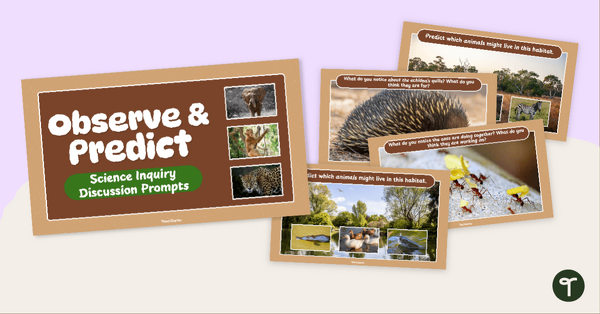
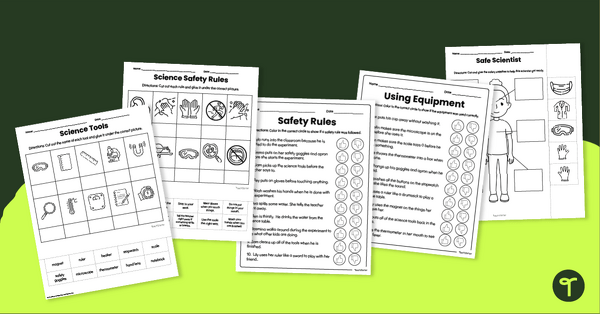
0 Comments
Write a review to help other teachers and parents like yourself. If you'd like to request a change to this resource, or report an error, select the corresponding tab above.